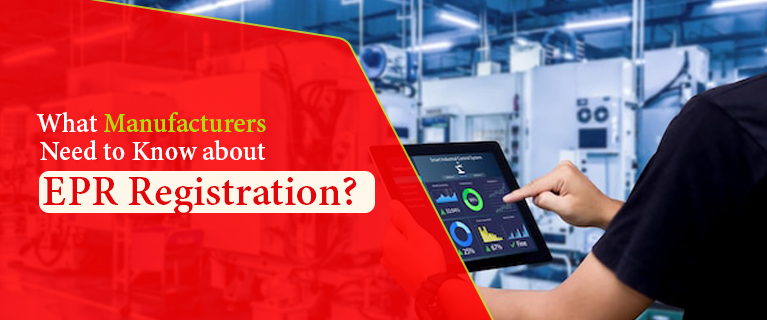What Is The Cost Of An EPR Certificate?
Extended Producer Responsibility (EPR) certification is an important component of sustainable waste management, ensuring that producers take responsibility for the lifecycle of their products. As a producer seeking EPR certification, it's essential to understand the associated costs involved. In this blog, we will explore the factors that influence the cost of obtaining an EPR certificate. By understanding these factors, you can better prepare and allocate resources to meet the financial requirements of EPR certification.
1. Regulatory Framework and Compliance Requirements
The cost of EPR certification can vary depending on the regulatory framework and compliance requirements specific to your industry or region. Different jurisdictions may have varying regulations and guidelines, which can influence the associated costs. Research and familiarize yourself with the EPR regulations applicable to your products to understand the compliance requirements and associated expenses.
2. Scope and Complexity of Products
The scope and complexity of your products significantly impact the cost of EPR certification. Consider the number and types of products your organization produces, as well as their environmental impact and potential for waste generation. Products with intricate designs, hazardous components, or complex recycling processes may require more extensive assessments, testing, and documentation, leading to higher certification costs.
3. Third-Party Services and Expertise
Engaging third-party services and expertise can contribute to the cost of EPR certification. You may require the assistance of consultants, auditors, or technical experts to guide you through the certification process, assess compliance, conduct audits, or develop waste management plans. The fees charged by these professionals will add to the overall cost of certification.
4. Documentation and Administrative Expenses
Preparing and submitting the necessary documentation for EPR certification incurs administrative expenses. This includes gathering product information, waste management plans, recycling strategies, financial commitments, and any other required documentation. Costs may arise from internal resource allocation, external support, or the need to comply with specific document formatting and certification application procedures.
5. Compliance Audits and Monitoring
EPR certification often involves compliance audits and ongoing monitoring by authorized agencies. These audits ensure that producers are consistently meeting the EPR requirements and may incur additional costs. Producers may need to allocate resources for audits, inspections, data collection, and reporting to demonstrate ongoing compliance.EPR certification often involves compliance audits and ongoing monitoring by authorized agencies. These audits ensure that producers are consistently meeting the EPR requirements and may incur additional costs. Producers may need to allocate resources for audits, inspections, data collection, and reporting to demonstrate ongoing compliance.
6. Industry-Specific Factors
Certain industries may have unique considerations that impact the cost of EPR certification. For example, industries dealing with hazardous or specialized waste streams, such as electronics or pharmaceuticals, may require additional testing, disposal, or recycling measures. Such factors can increase the overall cost of EPR certification.
Read Also This - How do I get an EPR CertificationConclusion
The cost of obtaining an EPR certificate varies depending on several factors, including regulatory framework, product scope, complexity, third-party services, documentation requirements, compliance audits, and industry-specific considerations. By understanding these factors, producers can better assess the financial implications of EPR certification and allocate resources accordingly. It's essential to conduct thorough research, engage with experts, and plan effectively to ensure compliance with EPR regulations while managing the associated costs. Ultimately, investing in EPR certification demonstrates a commitment to responsible waste management and sustainability, benefiting both businesses and the environment.




Comments
Post a Comment